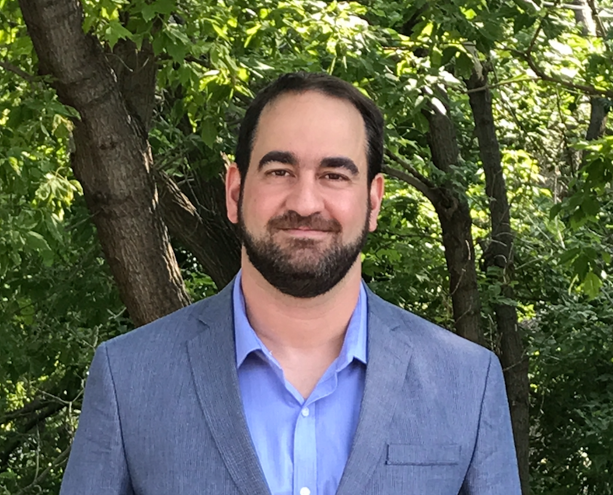About
Michalis Andronikou is a composer and Associate Professor of Composition and Theory at Providence University in Manitoba. He holds a PhD in composition from the University of Calgary. He received his Bachelor in musicology from the Department of Music Studies, University of Athens, Greece. He has a Diploma in Classical Guitar, Clarinet and Music Theory from the Trinity College and the Royal Academy of Music, and a Diploma in Byzantine Music from the Argyroupolis Municipal Conservatory. Michalis gained credentials in Harmony, Counterpoint, Fugue, and Music Composition (with Theodore Antoniou) from the Hellenic Conservatory. Moreover, he has studied Greek folk instruments such as lute, tampoura and bouzouki.
Michalis has composed music for small and large ensembles, theatre plays, art exhibits, movies, songs. Seven CDs with his works have been released, since 2003, and his scores are published by the Canadian Palliser Music Publishing, the Bulgarian Balkanota, and the Italian Da Vinci Edition.
http://mandronikou.wixsite.com/website
https://soundcloud.com/musmich
https://www.reverbnation.com/andronikou
https://www.youtube.com/channel/UCYArEWBpa1mJqfXVTS_4SKg?view_as=subscriber

